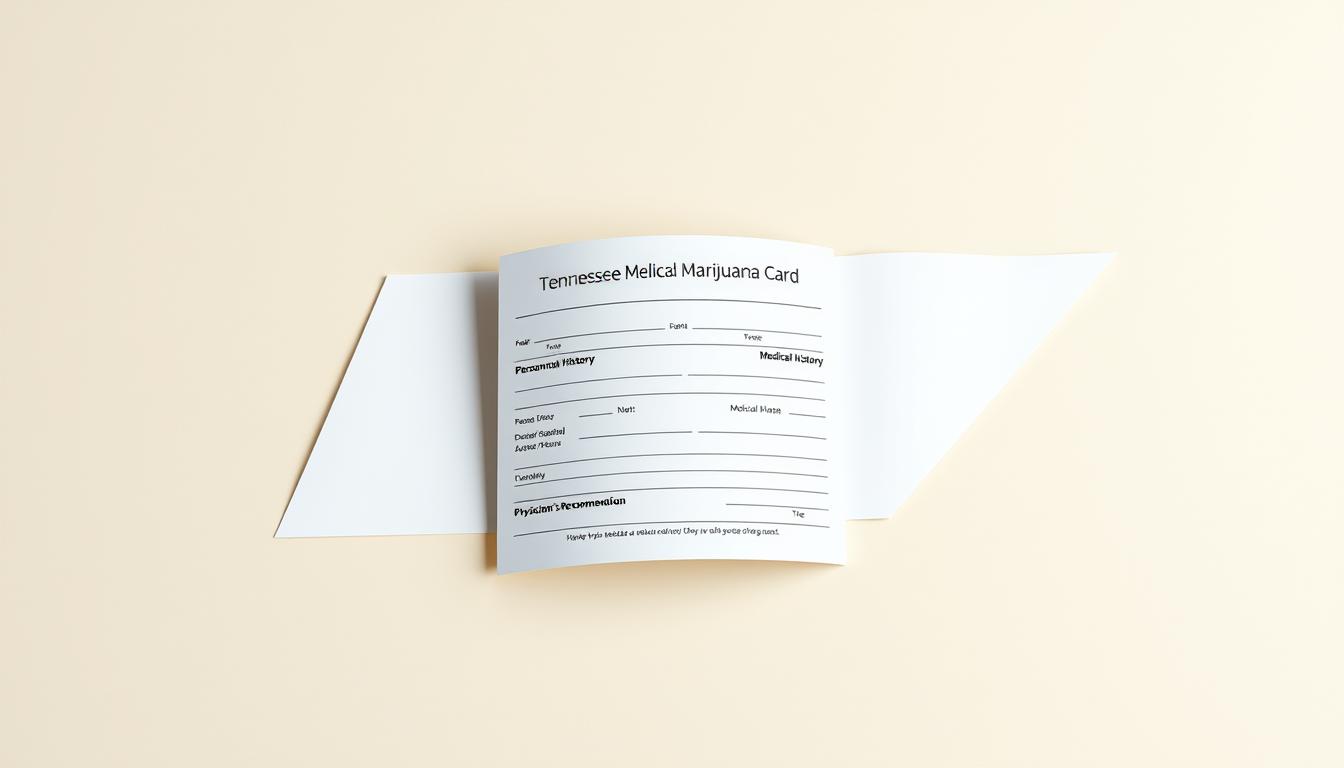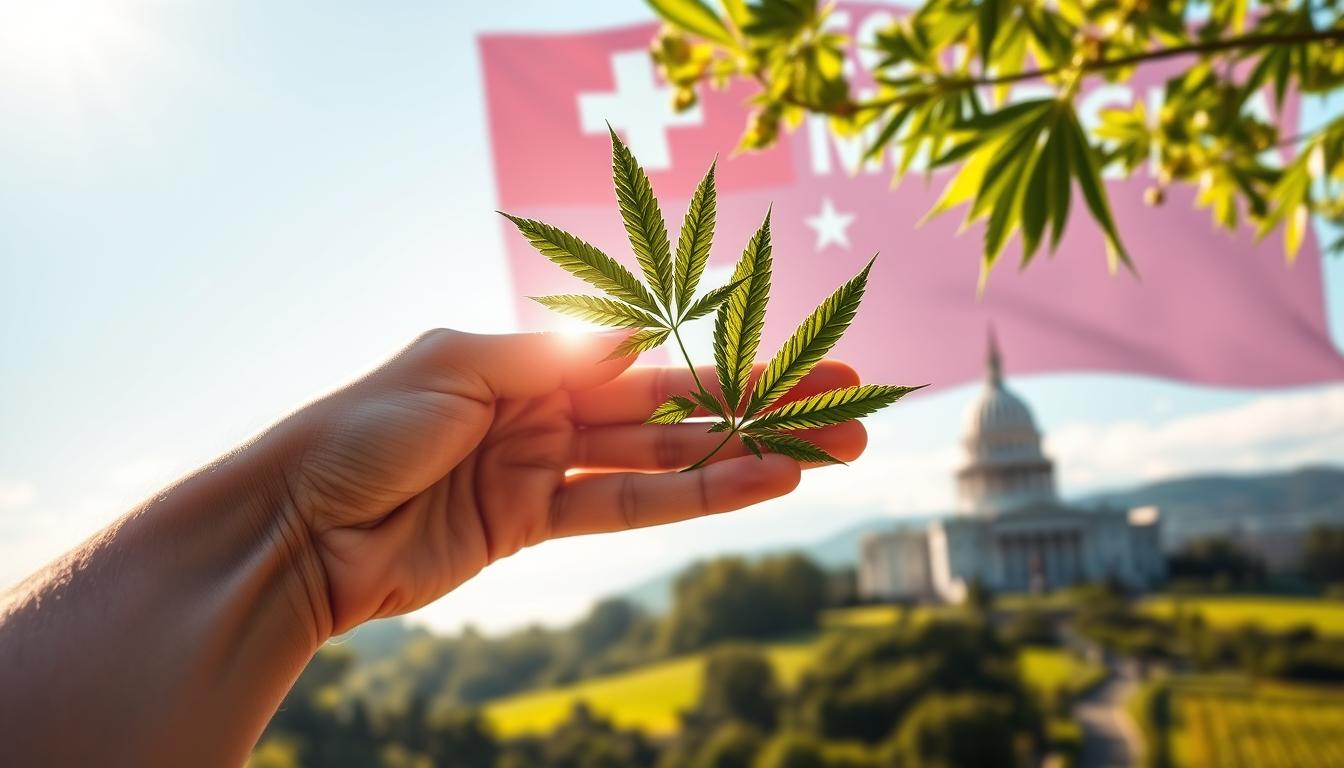Texas has undergone significant changes in its stance on marijuana in recent years. Even though federal laws classify it as a controlled substance, Texas has made notable adjustments. The shift in public opinion, with many Texans now advocating for legalization, underscores this transformation.
The Compassionate Use Act of 2015 marked a pivotal moment. It introduced the allowance of low-THC cannabis oil for specific medical conditions. This development has broadened the understanding of marijuana’s therapeutic potential. Grasping Texas marijuana laws is essential for both residents and visitors to navigate the legal landscape effectively.
Overview of Marijuana Legislation in Texas
An examination of Texas marijuana laws reveals a complex historical and contemporary landscape. The evolution of these laws has profoundly influenced societal perceptions and legal frameworks.
Brief History of Marijuana Laws
The inception of marijuana laws in Texas dates back to the early 1900s. Initially, it was not prohibited, but as its popularity grew, so did the legislative restrictions.
By the 1930s, Texas followed federal precedent by outlawing marijuana. The Uniform Narcotic Drug Act of 1932 played a crucial role in establishing Texas’s stance on marijuana, categorizing it as a controlled substance.
- The 1970 Controlled Substances Act further solidified marijuana’s Schedule I classification.
- Throughout the 1990s and early 2000s, there were attempts to relax or repeal marijuana laws. Despite these efforts, significant progress was limited.
- The Compassionate Use Act of 2015 introduced a significant shift, allowing for the medical use of low-THC cannabis.
Current Legal Status in Texas
Today, recreational use of marijuana remains prohibited in Texas. The state’s stance is more permissive for medical use, albeit under strict guidelines.
The Texas Compassionate Use Program enables patients with qualifying conditions, such as epilepsy, to access low-THC products.
Despite this program, unauthorized use of marijuana is illegal. Penalties can range from misdemeanors to felonies, depending on the quantity involved.
Comparison with Other States
Texas is among the more conservative states regarding marijuana laws. In contrast, states like California, Colorado, and Oregon permit recreational use. Texas, while restrictive, has begun to allow medical marijuana, aligning with many other states’ policies.
For instance, Florida allows patients with a wide range of conditions to use medical cannabis. This mirrors Texas’s gradual progression towards medical marijuana acceptance.
- States like California and Colorado permit both medical and recreational use.
- Florida allows medical marijuana use with a doctor’s prescription.
- Texas, while more restrictive, has made strides towards medical use.
Medical Marijuana in Texas
Understanding medical marijuana in Texas is crucial for those seeking relief from health issues. The state’s laws aim to provide eligible patients with access to this treatment while maintaining regulatory oversight.
Eligibility for Medical Marijuana Use
To access medical marijuana in Texas, patients must have a qualifying condition. The criteria are stringent to ensure appropriate use.
A certified healthcare provider must evaluate the patient. This provider must be registered with the Texas Department of Public Safety.
Registered Medical Conditions
Texas law specifies certain medical conditions for medical marijuana treatment. These include severe conditions like epilepsy and certain cancers.
The list of registered medical conditions can evolve as new research emerges and laws are updated.
Medical Marijuana Dispensaries
After certification, patients can purchase medical marijuana at licensed dispensaries in Texas. These dispensaries are monitored to ensure compliance with state quality and safety standards.
Patients can choose from various products, such as low-THC cannabis oils, based on their needs and doctor’s recommendations.
The Texas marijuana legality framework allows for medical use under strict regulations. This approach supports patients while ensuring public safety.
Types of Legal Marijuana in Texas
Understanding the legal marijuana types in Texas is crucial. It ensures adherence to cannabis regulations for those interested.
Only specific marijuana varieties are permissible in Texas. These include low-THC cannabis products and hemp-derived CBD products.
Low-THC Cannabis Products
Low-THC cannabis products are designed for medical purposes. They contain minimal THC, the psychoactive component of marijuana. In Texas, these products must not exceed 0.5% THC.
- They are available in various forms, such as oils and tinctures.
- Primarily used for treating severe health conditions like epilepsy.
- Accessible only through licensed dispensaries.
Hemp-Derived CBD Products
Hemp-derived CBD products are also legal in Texas. Derived from hemp, a plant akin to marijuana but with negligible THC, CBD is non-psychoactive. It offers health benefits without the intoxicating effects.
CBD products are widely available in Texas. They can be purchased in certain medical dispensaries and retail stores, provided they adhere to state regulations.
Differences Between THC and CBD
THC and CBD interact differently with the body. THC induces a high, whereas CBD does not. This distinction is critical for those considering marijuana use in Texas.
- THC is sought for its psychoactive properties and certain medical applications.
- CBD is valued for its therapeutic benefits, including anxiety and pain relief, without causing a high.
Grasping the distinction between THC and CBD is essential. It aids in making informed decisions regarding marijuana use in Texas.
Possession Limits and Regulations
Comprehending Texas’s marijuana regulations is vital. The state has strict guidelines regarding possession, use, and distribution. These rules apply to various marijuana types.
Diverse regulations govern different marijuana varieties in Texas. This includes low-THC cannabis and hemp-derived CBD products. Familiarity with the allowed quantities for personal use is imperative.
Amounts Allowed for Personal Use
In Texas, specific quantities of marijuana are permissible for personal use. These limits are strictly defined. For instance, low-THC cannabis products are legal for medical use, provided they contain no more than 0.5% THC.
- Low-THC cannabis products are legal for medical use.
- Hemp-derived CBD products are legal, as long as they have less than 0.3% THC.
- Recreational marijuana use is prohibited in Texas.
Penalties for Possession Over Limits
Exceeding the allowed marijuana quantities in Texas can result in severe consequences. According to Texas marijuana laws, penalties escalate with the amount possessed and prior legal issues.
The penalties include:
- Having a small amount (less than 2 ounces) can lead to a Class B misdemeanor. This means up to 180 days in jail and a $2,000 fine.
- Having more can lead to felonies. This means longer jail time and bigger fines.
It’s crucial to understand these regulations to avoid legal repercussions. Laws can evolve, so staying informed is essential.
In summary, being aware of Texas’s marijuana laws is crucial. By knowing the allowed quantities and the penalties for exceeding them, individuals can avoid legal issues.
Obtaining a Medical Marijuana Card in Texas
Acquiring a medical marijuana card in Texas is a straightforward process. This card allows patients to legally use medical marijuana. It is intended for those who can benefit from cannabis’s therapeutic properties.
Application Process
First, patients must consult a doctor listed by the Texas Department of Public Safety. The doctor will assess if the patient qualifies for medical marijuana. For more on Texas’s medical marijuana laws, visit the state’s website.
Subsequently, patients must register with the Compassionate Use Registry. This database tracks patients and their doctors. The doctor will provide the necessary information for registration.
Required Documentation
Patients must present specific documents. These include:
- Medical records showing the patient’s condition
- A valid ID to prove they live in Texas
- Any extra medical info that helps the application
Ensuring the accuracy and timeliness of these documents is crucial to avoid delays.
Renewal Procedures
Medical marijuana cards in Texas require renewal. Renewal involves updating the patient’s information in the Compassionate Use Registry. This may necessitate new documents or a doctor’s reevaluation.
It is essential to be aware of the card’s expiration date. Begin the renewal process early to continue using medical marijuana.
Employment and Marijuana Use
The evolving landscape of marijuana laws in Texas raises significant questions about workplace policies and employee rights. As more individuals turn to medical marijuana for health reasons, understanding its impact on employment is paramount.
Workplace Policies on Medical Marijuana
Employers in Texas face a daunting task. They must support workers using medical marijuana while maintaining a safe and productive work environment. Companies should establish clear guidelines regarding medical marijuana use. This includes how to handle requests for assistance and what kind of support to offer.
Employers must also be mindful of disability discrimination claims. Failure to accommodate an employee with a medical condition could lead to legal repercussions.
Employee Rights and Protections
Workers in Texas who use medical marijuana enjoy some protections. The Compassionate Use Program allows individuals with specific health conditions to access low-THC cannabis products.
Yet, employee protections are not comprehensive. Employers are not obligated to permit marijuana use if it poses a risk to the workplace.
- Employees should be aware of their rights in Texas.
- Employers must strike a balance between supporting workers and ensuring workplace safety.
- Clear policies can help mitigate potential issues.
Potential Risks of Usage
Medical marijuana use can impact work safety and performance. Employers must consider these risks when crafting their policies.
Potential risks include impaired judgment and cognitive function. This could hinder an employee’s ability to perform their duties effectively and safely.
Recent Developments in Texas Marijuana Laws
As societal attitudes and legislative priorities evolve, Texas marijuana laws are undergoing significant changes. The state is gradually adjusting its stance on marijuana, influenced by various groups.
Legislative Changes in 2023
In 2023, Texas underwent substantial legislative changes to its marijuana laws. Amendments to existing laws expanded medical marijuana use and clarified legal cannabis products. These updates also focused on regulating hemp-derived CBD products, ensuring compliance with state and federal regulations. This move aims to provide clarity for businesses and consumers alike.
Grassroots Movements and Advocacy
Grassroots efforts and advocacy groups have significantly shaped Texas marijuana laws. They engage in public awareness campaigns and advocate for policy changes.
These groups highlight the economic benefits of legalizing marijuana. They argue it could create jobs and generate tax revenue. They also advocate for fair access to marijuana for medical purposes.
Public Opinion Trends
Texans are increasingly favoring the relaxation of marijuana laws. Surveys indicate a growing acceptance of marijuana for both health and recreational purposes. This shift is attributed to a better understanding of marijuana’s benefits and the perceived injustices of current legislation.
This evolving public sentiment is likely to propel further legislative reforms in Texas. It underscores the necessity to remain informed about the evolving landscape of marijuana laws and their implications for both individuals and businesses within the state.
Differences with Federal Marijuana Laws
The legal framework surrounding marijuana in Texas is intricate, due to the disparity between federal and state regulations. While Texas has its own set of laws, federal statutes take precedence, creating a complex legal environment.
Federal Classification of Marijuana
Under federal law, marijuana is classified as a Schedule I controlled substance. This classification signifies a high potential for abuse and no accepted medical use. This classification has significant repercussions for both recreational and medical marijuana users in Texas.
Key implications of the federal classification include:
- Strict penalties for possession, distribution, and manufacturing
- Limited research opportunities due to strict regulations
- Potential for federal prosecution, even in states with legalized marijuana
Implications for State Laws
The federal classification significantly influences Texas state laws. Despite allowing certain forms of marijuana, such as low-THC products, federal laws can still be enforced within the state.
For instance: Individuals with a medical marijuana prescription in Texas may face federal charges if they possess marijuana not meeting federal standards.
To fully comprehend the nuances, it is essential to consult resources like the major differences between Texas and federal marijuana laws. Such resources provide in-depth insights into the conflicting regulations.
Conflicting Regulations Explained
The disparity between federal and state marijuana laws can lead to confusion among users and law enforcement. Texas has legalized specific forms of marijuana, such as CBD products and low-THC cannabis. In contrast, the federal government categorizes all marijuana as a controlled substance.
Some key areas of conflict include:
- Differing possession limits
- Varied regulations on sales and distribution
- Conflicting laws on cultivation and manufacturing
Understanding these differences is crucial for both individuals and businesses in Texas. Familiarity with both state and federal laws is necessary to navigate the complex marijuana legal landscape effectively.
Future of Marijuana Legalization in Texas
The Lone Star State is contemplating changes to its marijuana laws. Growing public support for legalization is driving this movement. Various advocacy groups are actively working towards these changes.
Advocacy for marijuana legalization is intensifying. Multiple groups are pushing for legislative reforms. Their goal is to expand access to marijuana for more individuals.
Potential Legislative Changes
Lawmakers in Texas are exploring new marijuana laws. They are considering:
- Expanding medical marijuana use
- Relaxing laws on possession of small amounts
- Allowing personal cultivation of marijuana
These potential changes could lead to the legalization of more marijuana types in Texas. This could pave the way for full legalization.
Impact on Local Economy
Legalizing marijuana could significantly boost Texas’s economy. A legal marijuana industry could generate substantial revenue and create new job opportunities.
Some potential benefits include:
- New employment opportunities in cultivation and sales
- Increased tax revenue from marijuana sales
- Job creation and economic growth in local communities
Advocacy Efforts for Change
Groups are actively campaigning to alter Texas’s marijuana laws. They aim to educate both the public and lawmakers about the benefits of legalization.
They are engaging in various activities, such as:
- Running public awareness campaigns
- Engaging with lawmakers to advocate for changes
- Supporting individuals affected by current laws
As these efforts continue, the discussion around marijuana legalization in Texas will evolve.
Alternatives to Marijuana in Texas
In Texas, numerous legal avenues for wellness exist beyond marijuana. Though marijuana is permissible in certain forms, not all individuals can partake. Fortunately, alternative options offer comparable benefits.
CBD Products and Their Uses
CBD products emerge as a legal substitute for marijuana. CBD, or cannabidiol, is derived from cannabis but lacks the psychoactive properties of THC. In Texas, CBD products are permissible if they contain less than 0.3% THC.
Available in various forms such as oils, tinctures, and edibles, these products are known to alleviate pain and anxiety.
Herbal Remedies and Supplements
Herbal remedies and supplements serve as viable alternatives to cannabis. Herbal options like chamomile and lavender are renowned for their calming effects. Supplements, including omega-3 fatty acids, contribute to overall health.
Legal Alternatives for Wellness
Within Texas, numerous legal pathways exist for maintaining wellness without resorting to marijuana or CBD. Yoga and meditation are celebrated for their mental and physical benefits. Supplements and vitamins, devoid of THC, also play a role in enhancing health.
By exploring these alternatives, Texans can discover legal and effective methods to nurture their well-being.
Resources for More Information
For those seeking deeper insights into Texas marijuana laws, a plethora of resources are available. Navigating these laws can be complex. It is crucial to remain informed.
Official State Websites
The Texas Department of Public Safety and the Texas Health and Human Services Commission websites are invaluable for the latest on medical marijuana. They provide comprehensive information on regulations and the registration process.
Medical Marijuana Organizations
The Texas Cannabis Industry Association offers a wealth of knowledge on Texas marijuana laws. They also engage in advocacy efforts.
Local Support Groups and Forums
Local support groups and online forums are rich in personal narratives. They facilitate an understanding of marijuana use within Texas, ensuring compliance with state laws.


